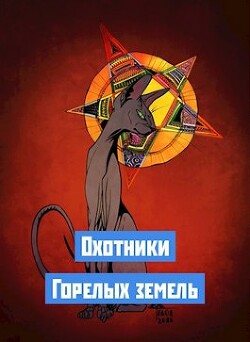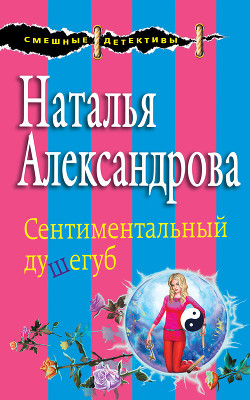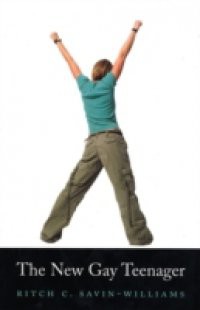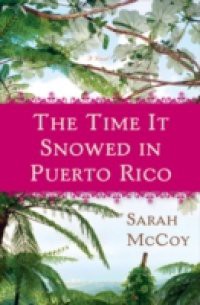Beauty, bodily knowledge, and desire have emerged in late modern Christian theology as candidates to reorient and reinvigorate reflection. In this Reklis describes the theological meaning of the bodys ecstasy as kinesthetic imagination, a term which extends beyond the Great Awakening to trace the way bodily ecstasy continues to be coded as the expression of a primitive, hysterical, holistic, or natural self almost always in contrast to a modern, rational, fragmented, or artificial self. Edwards, she shows, is an excellent interlocutor for the exploration of kinesthetic imagination and theology, especially as it relates to contemporary questions about the role of beauty, body, and desire in theological knowledge. He wrote explicitly about the role of the body in theology, the centrality of affect in spiritual experience, and anchored all of this in a theological system grounded in beauty as his governing concept of divine reality. This book offers an innovative reading of one of the most widely known American theologians and offers this reading as provocation for debates within contemporary conversations.


















